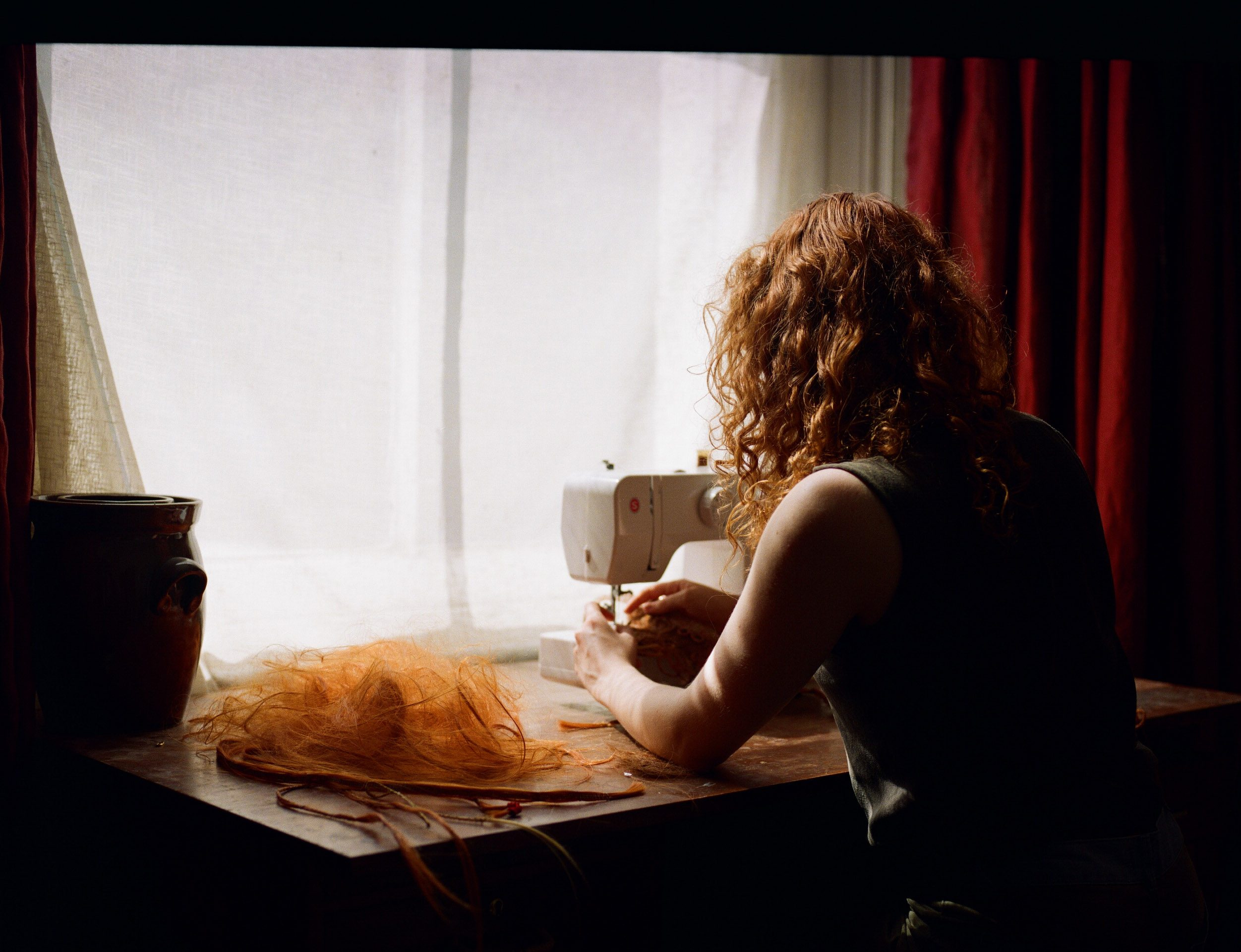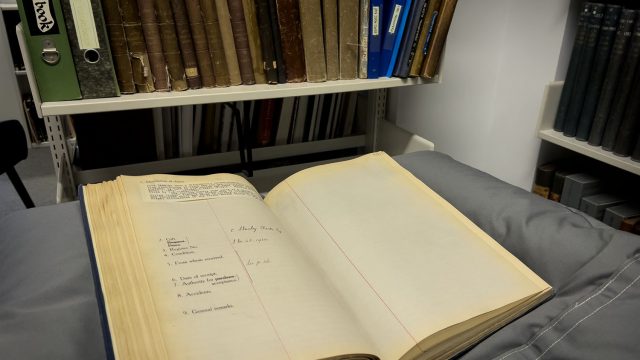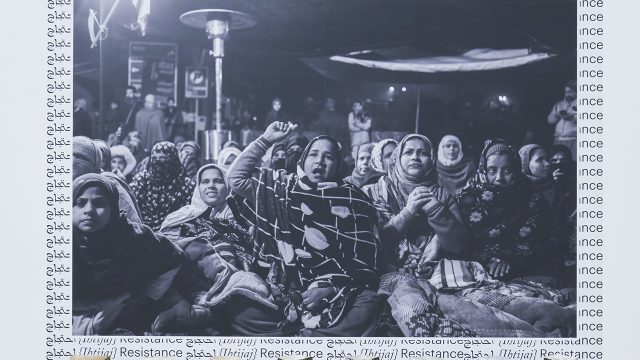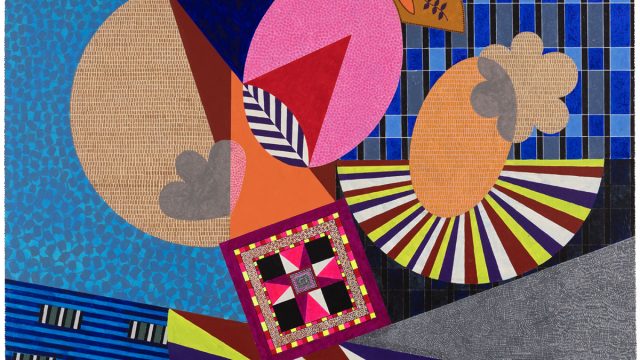
As part of her Educational Residency at the Victoria and Albert Research Institute (VARI), I was kindly invited by educator and maker Rebecca Goozee to respond to her question ‘What does your making practice mean to you?’, for the project Encounters on the Shop Floor. Here I reflect on my experiences of making with hair and clay, revealing wider concerns around femininity and family ritual.


Through a frustration of not having access to ceramic facilities – courses being quite costly, and restrictions to kiln uses – I sought other materials to make the vessel shapes that I had in my head. I had done a few ceramics classes but, having trained in filmmaking, I was coming to the whole experience blindly. I had to think in practical terms (which ended up encouraging other creative approaches), about how to make what I wanted without complete access to equipment or resources.There was air-drying clay. Which I do still rely on. Thinking about glazes was more fun, such as combining magic markers with gels. My process involved looking at how clay has been used to wrap and coil, building complex shapes. This was where my obsession with hair crept in. Both hair and clay are humble, organic materials – endlessly malleable. While they serve a natural purpose, they are richly symbolic. The common cultural association of pottery is its role as an artefact of bygone eras, its durability to survive history and maintain parts of its form and design against the effects of time. It shines a light on past skills and experiences and fashions. Coming from a long maternal line of curly-haired red heads, hair is important to me, and acts in a similar way. Mothers and daughters in my family have passed down unconscious yet unquestioned (until now) ‘rituals’ through processes of dyeing hair, chopping and changing our individual projections of ourselves, while outwardly demonstrating our inheritance beyond DNA.

As I work with synthetic, real, dyed and undyed hair, I run the material through a sewing machine, binding and coiling it all together before fixing it into a shape to create ceramic-inspired vessels. Intricate patterns are sewn onto it, producing a patchwork of different textures. Each vessel or pot may be different, yet the processes and conditions remain unchanged. What my making practice means to me: intuition – with the development of ideas and concepts strengthening what my gut is already saying. It could also be called ‘resourcefulness’, but I prefer to think of it as a never-ending process of play, where the need to experiment overshadows a fear of failure.


